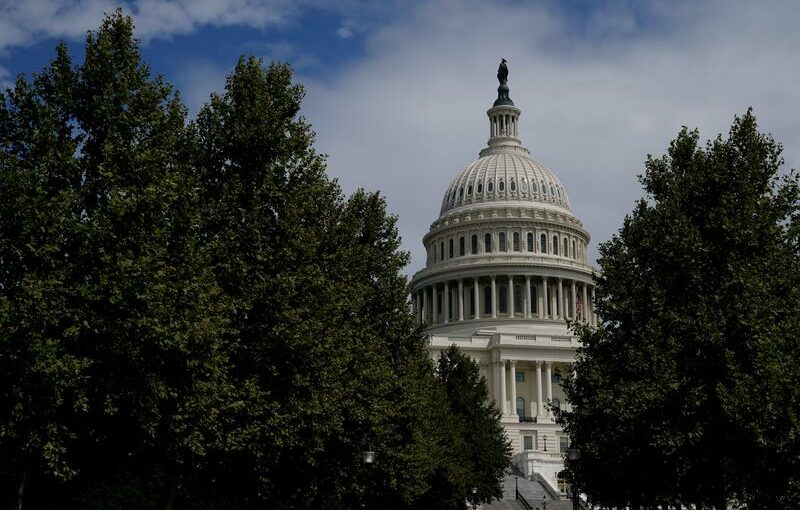WASHINGTON (Reuters) – U.S. tax code changes sought by Democrats in the House of Representatives to help finance $3.5 trillion in domestic investments would cut annual tax bills for Americans earning less than $200,000 a year through 2025, a congressional estimate showed on Tuesday.
The bipartisan congressional Joint Committee on Taxation estimated that those in lower-income brackets would pay far less in taxes in 2023 under the Democratic plan, which is being debated this week in the tax-writing House Ways and Means Committee.
At the other end of the income scale, tax collections from those earning over $200,000 would rise slightly in 2023, escalating to a 10.6% increase for people earning $1 million and more, the committee said.
By 2027, however, those earning between $30,000 and $200,000 would start to see slightly higher tax bills, according to the estimate.
Democrats in coming weeks are trying to push the $3.5 trillion bill through Congress to carry out President Joe Biden’s agenda of expanding social services for the elderly, children and others and to address climate change.
They have pledged to offset the costs mainly through tax increases on the wealthy and corporations.
But Republicans have argued that the Democratic plan will result in higher taxes for middle-class people, as well as the rich.
Amid a wall of Republican opposition, Democrats are maneuvering to win passage on their own through a budget “reconciliation” process that would allow their measure to advance in the 100-member Senate by a simple majority, instead of the 60 normally required.
The Senate is split 50-50 between Democrats and Republicans.
Republicans argue that the tax proposals and huge new spending over the next decade would fuel rampant inflation, the loss of jobs and an economic contraction.
But the committee’s figures do not indicate that middle- and low-income Americans would be hit by the changes, at least in its early years.
Source: Read Full Article
